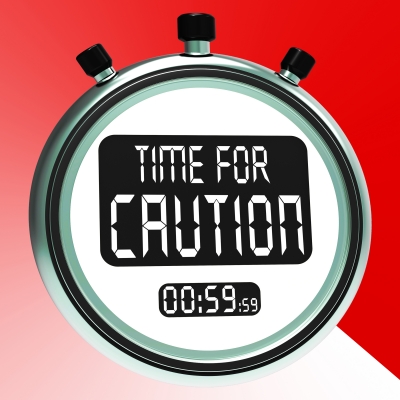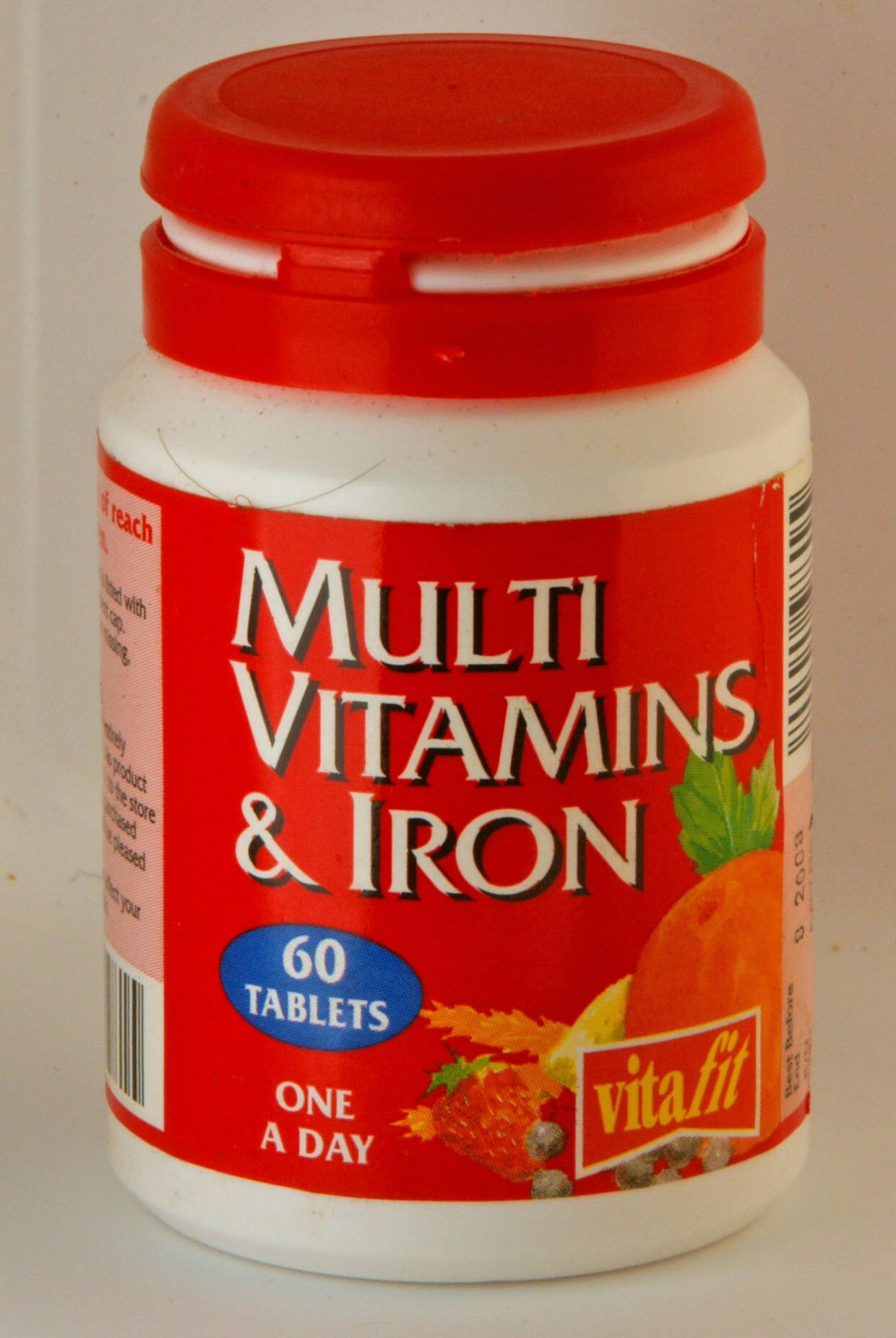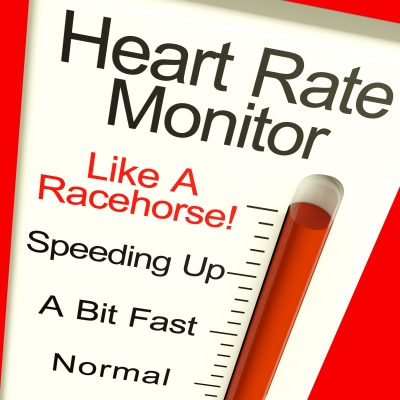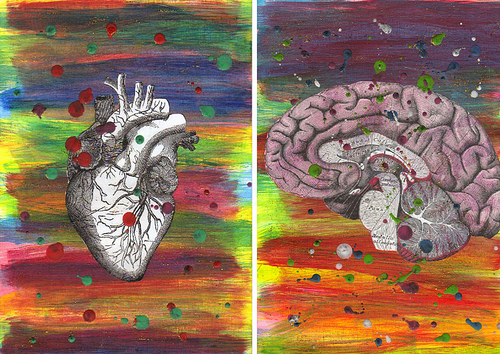Dizziness and lightheadedness can make you feel faint, like you need to pass out. Causes of dizziness, including vertigo- that whirling sensation you may experience while sitting still- may include anemia from vitamin B12 deficiency or low iron, heart disease, or one of several other conditions that share symptoms of nausea, fatigue, and loss of balance.

Is it dizziness or vertigo
Many people confuse vertigo with standard dizziness. This is an important distinction, because actual symptoms of vertigo may indicate a serious underlying health risk, such as tumor or stroke.
With dizziness, you may feel faint, unsteady, and slightly nauseas while walking around. Usually, lying down will relieve dizziness and lightheadedness, but not always.
Conversely, vertigo makes you feel dizzy while standing still. If you’ve ever spun around in a circle and stopped abruptly, you’ll recognize the feeling of vertigo that occurs, that sensation of your surroundings tilting and whirling around you, making it hard to stand still, or walk without falling down.
If you experience constant wooziness, fatigue, nausea, or vertigo, then it’s important to see your doctor immediately, so that he can rule out rare life-threatening causes of dizziness and lightheadedness.
Below are 25 causes of dizziness, including chronic conditions and rare illnesses.
1- Vitamin B12 deficiency anemia
Dizziness and fatigue are some of the earliest symptoms of vitamin B12 deficiency, or pernicious anemia. Lightheadedness due to low vitamin B12 levels may result from peripheral neuropathy (nerve damage), low red blood cell count, hypoxia (decreased oxygen), and cognitive mood disorders.
Symptoms include loss of balance (ataxia), brain fog, dizziness, disorientation, memory loss, fatigue, muscle weakness, difficulty holding an upright position, and numbness or tingling sensations in the arms and legs.
Pernicious Anemia and Vitamin B12 Deficiency: Which Causes Which?
2- Iron deficiency anemia
In addition to vitamin B12 deficiency, other forms of anemia, including low iron may be causing frequent dizziness and lightheadedness.
3- Chronic subjective dizziness
Chronic dizziness is a term that doctors use when they are unable to find the exact cause for faintness, fatigue, nausea, and vertigo. People with chronic subjective dizziness may be hypersensitive to bright lights, movies, and dizzying images.
4- Low blood sugar (hypoglycemia)
Low blood sugar may cause a shock to the system that results in fatigue, dizziness, and weakness.
5- Multiple sclerosis (MS)
A demyelinating illness, multiple sclerosis damages the nervous system, causing impaired muscle control, instability, and many other severe handicaps.
If Vitamin B12 Deficiency Mimics Multiple Sclerosis, How do you tell the Difference?
6- Parkinson’s disease
Symptoms of Parkinson’s disease include muscle stiffness, tremors, dementia, anxiety, depression, and loss of balance.
7- Low blood pressure (hypotension)
Shock from sudden low blood pressure, particularly when you get up too quickly from a seated or lying position, may cause dizziness.
8- Internal bleeding
Rarely, dizziness and lightheadedness that doesn’t go away may indicate hemorrhage or internal bleeding.
9- Heavy menstruation
Heavy blood flow during menstrual periods may also cause extreme dizziness, nausea, and weakness.
10- Allergies
Sometimes, dizziness may result from a seasonal or food allergy.
11- Flu
Colds and flu are common causes of sudden dizziness, wooziness, and fatigue.
12- Dehydration
If you feel dizzy during hot, dry weather seasons, or after exercising, then you may be experiencing severe hyperthermia, or dehydration.
13- Anxiety
Dizziness, heart palpitations, fatigue, and nausea are common symptoms panic attacks, anxiety, or depression.
14- Hyperventilation
You may be breathing too fast, or too deeply, without even realizing it. Some people experience frequent dizziness and lightheadedness caused by hyperventilation from stress or sitting hunched over.
15- Abnormal heart rhythm (arrhythmia)
Dizziness or faintness may result from decreased blood flow to the heart caused by arrhythmia.
16- Drugs and alcohol
Illegal drug use and excess alcohol are common causes of vertigo, dizziness, and fatigue.
17- Medications
Certain medications may cause side effects of dizziness; these include medications for heart disease, hypertension, anxiety, and seizures.
18- Benign paroxysmal positional vertigo (BPPV)
One of the most common causes of severe vertigo, BPPV causes dizziness and head-spinning sensations when you sit up suddenly or turn over on your side while lying down.
19- Meniere’s disease
Meniere’s disease occurs with excessive buildup of fluid in your inner ear, and causes tinnitus (ear ringing) and dizziness.
20- Ear infections
Inflammations of the inner ear, including labyrinthitis and other ear infections often cause constant dizziness and loss of balance.
21- Migraines
Excruciating headaches aren’t the only symptoms of migraines- other signs include neck stiffness, eye pain, brain fog, dizziness, nausea, and severe fatigue.
22- Vertebrobasilar insufficiency
Rarely, dizziness may be the result of insufficient blood flow to the brain.
23- Acoustic neuroma
Another rare cause of dizziness and lightheadedness, vestibular schwannoma is a noncancerous (benign) growth on the vestibular nerve.
24- Stroke
Dizziness, paralysis, disorientation, fatigue, and loss of speech are some symptoms of stroke.
25- Brain tumor
If dizziness, tiredness, memory loss, and other qualifying conditions persist, your doctor may order an MRI exam in order to rule out rare brain tumor.
Your turn!
Do you have any questions or suggestions? Please leave your comments below.
Share with your friends!
If you found this article helpful, then please share with your friends, family, and coworkers by email, twitter, or Facebook.
Like this? Read more:
Eyes Jerking around- What causes Nystagmus?
Hypothyroidism…or Vitamin B12 Deficiency?
Sources:
Dizziness: Lightheadedness and Vertigo – Topic Overview
Image courtesy of winnond/freedigitalphotos









